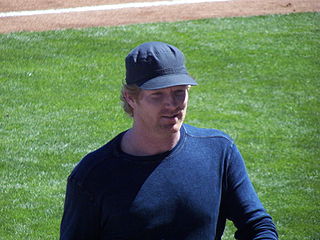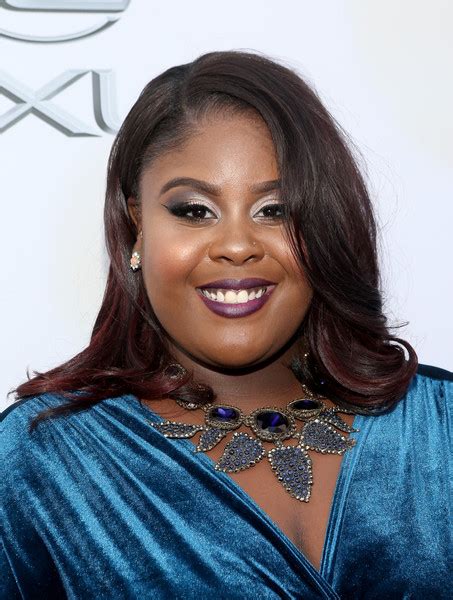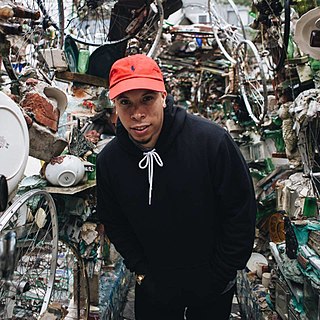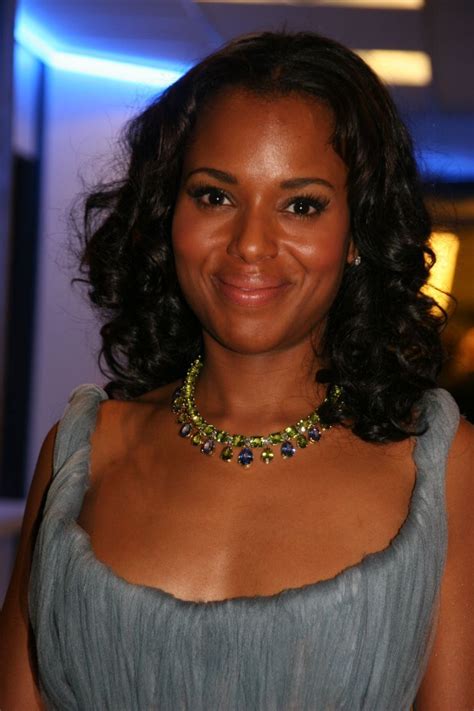A Quote by Catherine Hardwicke
I had a bunch of other projects that I worked really hard on after 'Twilight,' and the magic just didn't hit.
Related Quotes
When I turned professional, what I was really aiming for was to be in the top 100, try to hold the top 100 for ten years, and just be in the show, and have a nice career. It's more than I could have ever hoped for. I worked awfully hard for it, but there are other people who worked just as hard and didn't get the breaks. I recognized that I've been lucky and being able to live this life that I wanted since a young age. I really went after it with everything that I have and somehow it worked out.
TV is the place for writers to live. This is where you have creative control and you're constantly writing. 'Twilight' had almost a TV schedule to it. I was constantly working on these projects. There was not a whole lot of lull but I've gone onto other feature projects that's like, 'Okay, I'll get back to you on notes.'
One of the first major programming projects that I worked on when I was growing up in Ireland, back just coding by myself, was a programming language. Then I spent a bunch of time working on a new web framer. Just back-end things to make it easier to go in and build things on top of, do other development.
When I was younger, I thought, 'Ok, I'm supposed to do this project because it'll help my career,' but that didn't work because I ended up doing movies that I worked really hard on but I didn't really like and they didn't turn out well, so it was like I lost double. Once I just started working with people and projects I believed in, everything changed and I suddenly had a career that I loved and that I was proud of.
Even after I had just done Twilight, which made $400 million at the worldwide box office, I could not get financing for three or four projects that I really loved and I thought people would love because they didn't fit some studio or investor's model of thinking, "This will definitely make money." It's a business and a film does potentially cost millions of dollars, and they have to think that they're going to get their money back somehow.




































